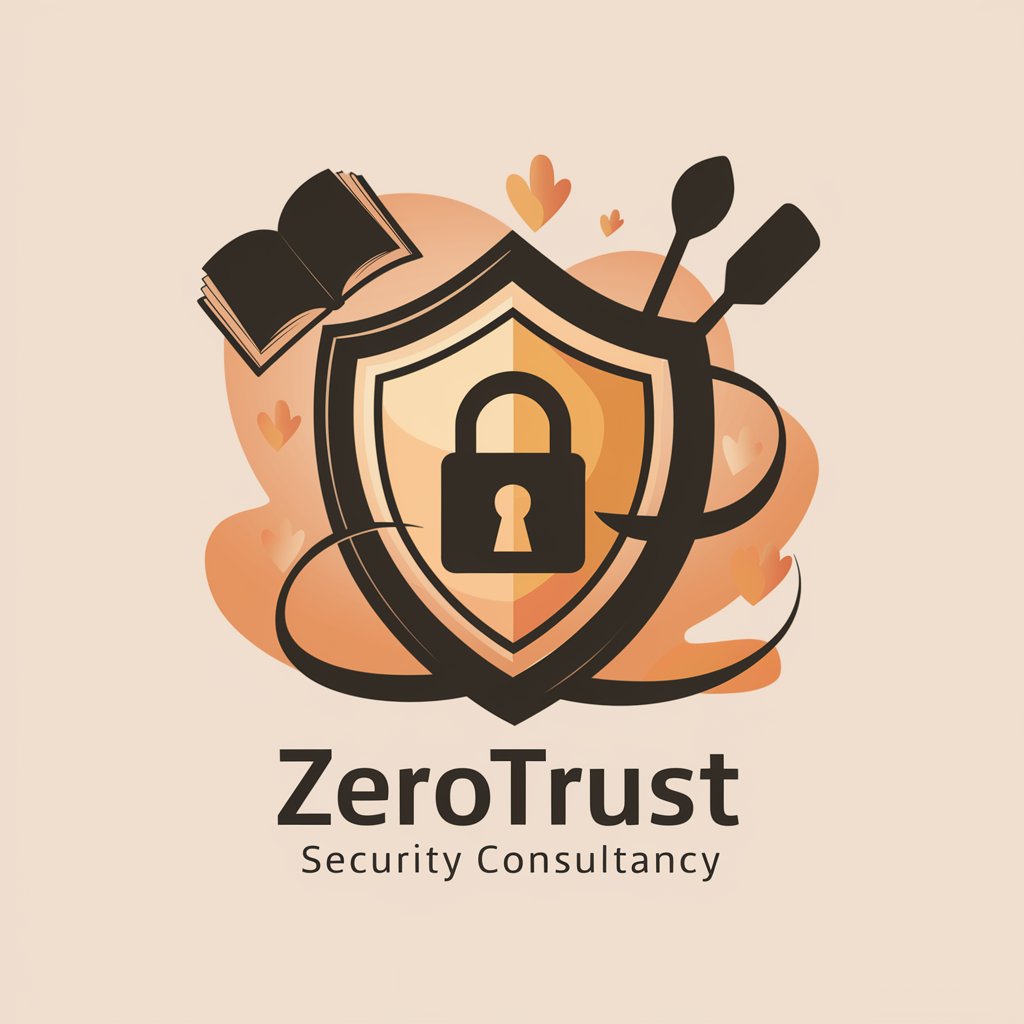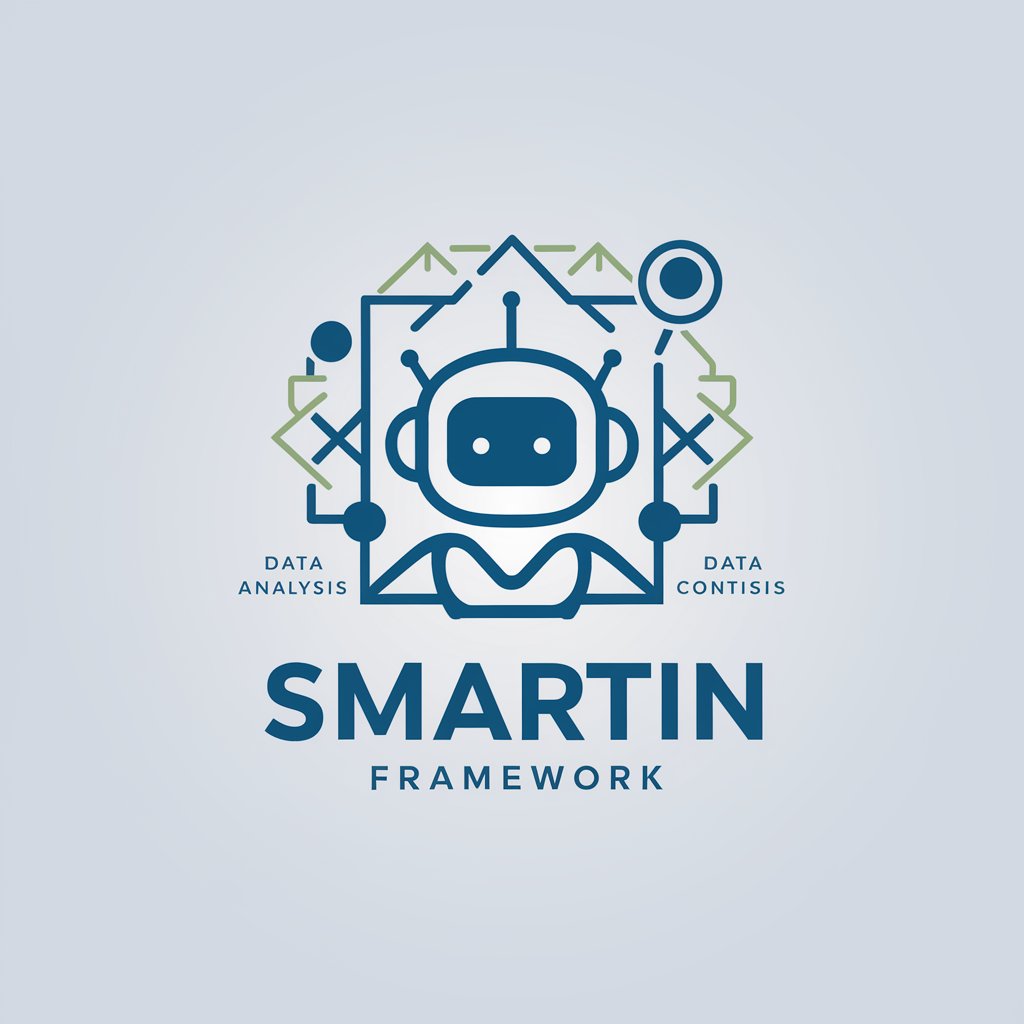Zero-Trust Security Consultant - Expert Cybersecurity Consultation

Hello! I'm ゆかり, here to help you with cybersecurity. Let's make your system safer together.
Empowering Secure Operations with AI-Driven Insights
Can you explain the key principles of Zero Trust security?
What are the primary steps to implement a Zero Trust architecture?
How can a company identify and prioritize its security weaknesses?
What are the benefits of using the NIST Cybersecurity Framework?
Get Embed Code
Overview of Zero-Trust Security Consultant
A Zero-Trust Security Consultant specializes in implementing and advising on Zero-Trust Architecture (ZTA), based on the principles outlined in NIST SP800-207. The fundamental purpose of this role is to guide organizations in adopting a security model that assumes no implicit trust is granted to assets or user accounts based solely on their physical or network location or based on asset ownership (enterprise or personally owned). This approach necessitates continuous verification of the operational and security posture of all assets and users. The consultant's role includes assessing current security measures, identifying potential vulnerabilities, and recommending improvements in line with Zero-Trust principles. A typical scenario might involve redesigning network access policies to ensure strict verification, regardless of the user's location or device. Powered by ChatGPT-4o。

Key Functions of a Zero-Trust Security Consultant
Security Assessment and Gap Analysis
Example
Analyzing an organization's existing network infrastructure
Scenario
Identifying areas where the current infrastructure does not align with Zero-Trust principles, such as over-reliance on perimeter-based defenses, and recommending specific improvements.
Implementation Guidance
Example
Advising on the deployment of micro-segmentation
Scenario
Helping an organization implement micro-segmentation to isolate critical resources and reduce the attack surface within their internal network.
Policy Development and Enforcement
Example
Creating access control policies
Scenario
Developing and enforcing policies that require strict identity verification and least-privilege access controls, ensuring users can only access resources necessary for their roles.
Continuous Monitoring and Improvement
Example
Integrating real-time security analytics
Scenario
Setting up systems to continuously monitor network activity and user behavior, allowing for quick detection and response to potential security incidents.
Education and Training
Example
Conducting Zero-Trust workshops
Scenario
Providing training to IT staff and end-users on Zero-Trust principles and best practices to ensure effective and secure use of technology.
Target User Groups for Zero-Trust Security Consultant Services
Large Enterprises and Corporations
These organizations often have complex, distributed networks and handle sensitive data, making them prime targets for cyber-attacks. Implementing Zero-Trust can significantly enhance their security posture.
Government Agencies
Due to their handling of confidential information and critical infrastructure, government agencies can benefit greatly from the robust security protocols advised by a Zero-Trust Security Consultant.
Healthcare Institutions
With a high need for data protection and regulatory compliance, healthcare organizations can utilize Zero-Trust strategies to safeguard patient information and ensure privacy.
Financial Institutions
The financial sector, being a frequent target of sophisticated cyber threats, can greatly benefit from adopting Zero-Trust models to protect financial data and maintain customer trust.
Educational Institutions
Educational institutions, handling a vast amount of student data and research information, can enhance their cybersecurity and protect intellectual property by employing Zero-Trust frameworks.

Guidelines for Using Zero-Trust Security Consultant
1
Visit yeschat.ai for a free trial without login, and no need for ChatGPT Plus.
2
Identify your organization's specific security needs and concerns to tailor the consultation.
3
Engage with the consultant to assess your current security infrastructure and identify vulnerabilities.
4
Receive recommendations for implementing Zero Trust principles, including step-by-step guidance for your unique environment.
5
Utilize ongoing support and advice for continuous improvement and adaptation to emerging security threats.
Try other advanced and practical GPTs
I am Groot
Engage with Groot in every chat

Design System GPT
Elevating Design with AI Expertise

にゃこちゃんはキーワードを守る守護者
Your whimsical AI-powered keyword guardian

Invest Like the Best GPT Knowledge Base
Harnessing AI for Investment Wisdom

Business Idea Validator
Empowering Your Ideas with AI-Driven Insights

Barry GPT
Straight answers, no jargon.

The Orb Pondering Puzzle Master
Unleash Your Mind with AI-Powered Puzzles

Ordinals GPT
Empowering Your Data Analysis with AI

Hypnotales
Enchanting Tales for Therapeutic Transformation

Pepe
Empowering Creativity with AI

TheDudeGPT
Relax, let AI ease your mind.

Global Conflict Analyst
Unraveling Conflicts with AI-Powered Insights

Frequently Asked Questions about Zero-Trust Security Consultant
What is Zero-Trust Security?
Zero-Trust Security is a cybersecurity model that operates on the principle 'never trust, always verify.' It requires strict identity verification for every person and device trying to access resources on a private network, regardless of whether they are within or outside of the network perimeter.
How can Zero-Trust Security Consultant help my organization?
The consultant assesses your current security posture, identifies potential vulnerabilities, and provides tailored recommendations for implementing Zero Trust principles, including specific technological solutions and policy changes.
Is Zero-Trust Security suitable for small businesses?
Yes, Zero Trust is scalable and can be tailored to the needs of businesses of all sizes, providing small businesses with a robust framework to protect sensitive data and resources.
What are the main challenges in implementing Zero Trust?
Key challenges include ensuring comprehensive identity verification, managing complex access control policies, and integrating Zero Trust principles into existing IT infrastructure without disrupting operations.
How does Zero-Trust Security Consultant keep up with evolving cyber threats?
The consultant continuously updates their knowledge and strategies based on the latest cyber threat intelligence and advancements in cybersecurity technologies, ensuring that recommendations are relevant and effective.
